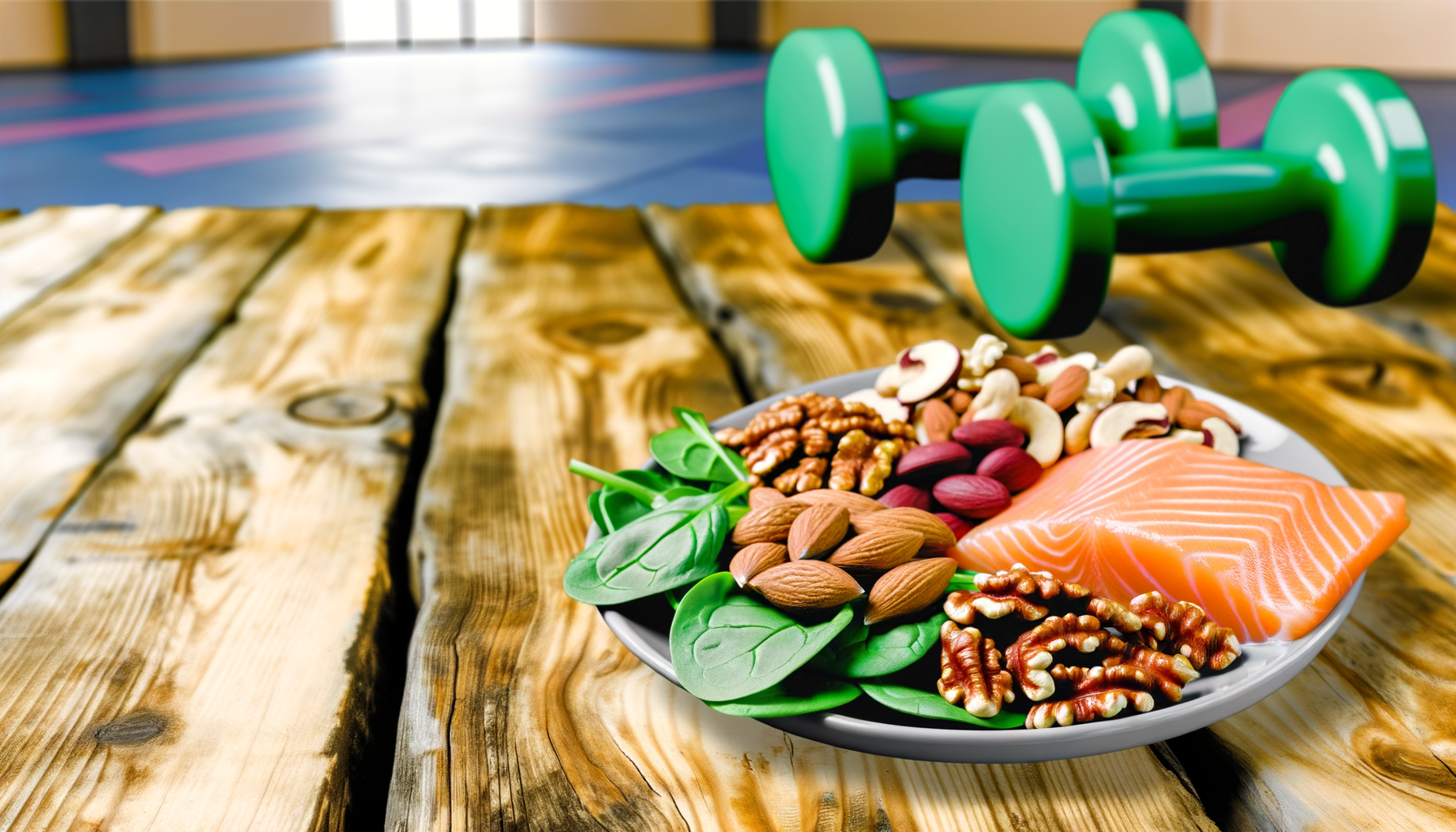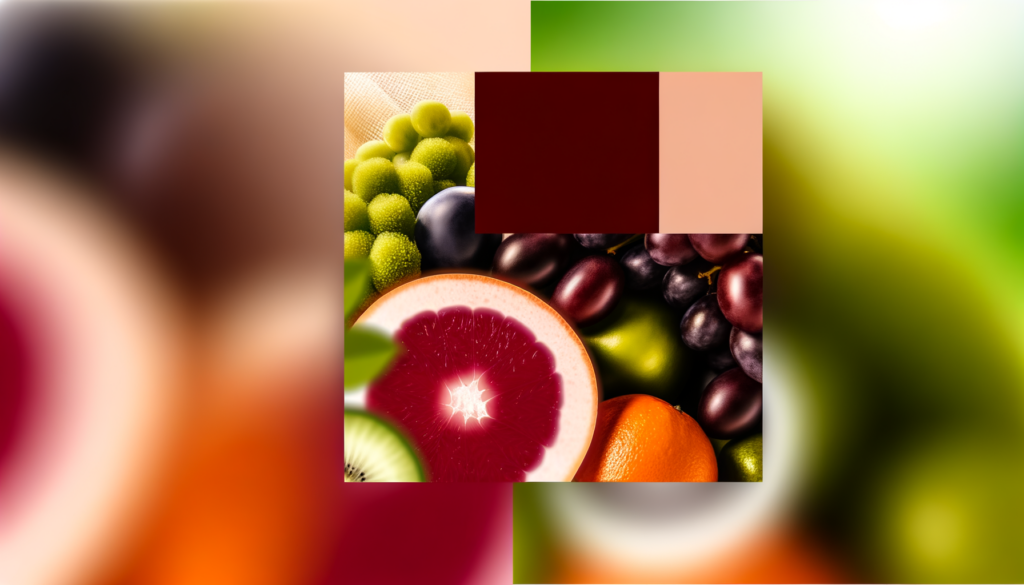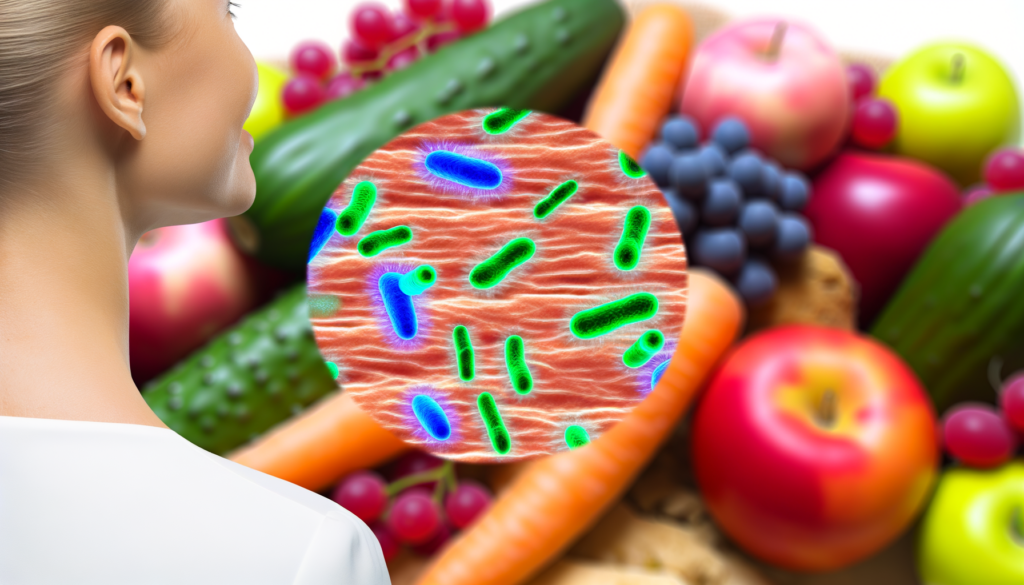The Critical Role of Nutrition in Scar Tissue Healing
Nutrition plays a pivotal role in the healing process of scar tissue, and understanding how to optimize your diet can significantly impact the recovery and appearance of scars. At Calorie Calculator Cloud, we specialize in providing personalized nutritional plans that support various health needs, including scar tissue healing.
Why Nutrition is Essential for Scar Tissue Healing
The healing of scar tissue is a complex process that involves several stages, including inflammation, proliferation, and remodeling. Each stage requires specific nutrients to ensure optimal healing and minimize the appearance of scars. Here are some key nutrients and how they contribute to the healing process:
- Protein: Essential for the production of collagen, a crucial protein in the structure of skin. Foods rich in protein such as lean meats, fish, eggs, and legumes are vital for scar tissue healing[2).
- Vitamin C: This vitamin is crucial for collagen synthesis and can be found in foods like citrus fruits, berries, and leafy green vegetables. Vitamin C also helps in the absorption of iron, another essential nutrient for healing[2).
- Zinc: An important mineral for wound healing, zinc supports the immune system and helps in the synthesis of collagen. Foods rich in zinc include oysters, beef, chicken, and fortified cereals[2).
- Omega-3 Fatty Acids: These anti-inflammatory fatty acids help in reducing inflammation and promoting healing. They can be found in fatty fish like salmon, flaxseeds, and walnuts[2).
How Calorie Calculator Cloud Supports Scar Tissue Nutrition
Calorie Calculator Cloud offers a comprehensive approach to nutrition planning, tailored to support the specific needs of individuals recovering from injuries or surgeries. Here’s how our service can help:
- Personalized Nutritional Plans: Our calorie calculator tool allows users to input their specific health goals, including scar tissue healing. Based on this information, we generate a personalized dietary plan that ensures the intake of necessary nutrients for optimal healing[2).
- Macro and Micro Nutrient Balance: Our plans ensure a balanced intake of macronutrients (carbohydrates, proteins, and fats) and micronutrients (vitamins and minerals) that are crucial for the healing process. For example, a diet rich in protein and vitamin C can significantly support collagen production and scar tissue repair[2).
- Meal Planning and Tracking: With our meal planning feature, users can easily track their daily nutrient intake and ensure they are meeting their nutritional goals. This consistent tracking helps in maintaining a balanced diet that supports scar tissue healing[2).
Real-World Examples and Case Studies
Several individuals have benefited from using Calorie Calculator Cloud for their nutritional needs during scar tissue healing. Here’s a case study example:
A patient who underwent surgery and was in the process of recovering from significant tissue damage used our calorie calculator to ensure they were getting the right nutrients. By following the personalized dietary plan, the patient noticed a significant improvement in the healing rate and the appearance of the scar. The plan included a balanced intake of protein, vitamin C, zinc, and omega-3 fatty acids, which are all critical for collagen support and wound recovery[2).
Collagen Support and Wound Recovery
Collagen is a key component in the healing of scar tissue. Here’s how you can support collagen production through your diet:
- Collagen Supplements: While dietary sources are primary, collagen supplements can also be beneficial. Brands like Vital Proteins and Garden of Life offer high-quality collagen supplements that can support skin health and scar tissue healing.
- Dietary Sources of Collagen: Foods rich in vitamin C, such as citrus fruits and leafy greens, help in collagen synthesis. Additionally, consuming foods high in proline and glycine, like gelatin and bone broth, can directly support collagen production.
Additional Tips for Optimal Scar Tissue Healing
Beyond nutrition, there are several other factors that can influence the healing of scar tissue:
- Hydration: Adequate hydration is essential for maintaining skin health and supporting the healing process. Drinking plenty of water helps in keeping the skin hydrated and plump, which can reduce the appearance of scars.
- Rest and Recovery: Getting enough rest and avoiding strenuous activities can help the body focus its energy on healing. This is particularly important in the initial stages of recovery.
- Topical Treatments: Using topical creams or gels rich in silicone or vitamin E can help in reducing the appearance of scars. Brands like Neosporin and Vitamin E oil offer products that can be beneficial for scar tissue healing.
Conclusion and Next Steps
Nutrition is a critical component of scar tissue healing, and using a tool like Calorie Calculator Cloud can help ensure you are getting the right nutrients. By following a personalized dietary plan and incorporating other supportive measures, you can optimize your recovery and minimize the appearance of scars.
If you are recovering from an injury or surgery and want to support your scar tissue healing through nutrition, consider exploring our Calorie Calculator Plans. Our service is designed to provide you with the tools and information you need to achieve optimal health and recovery.








